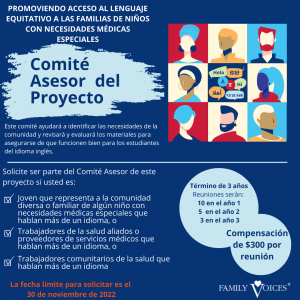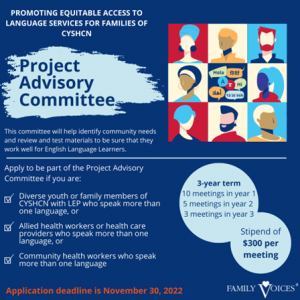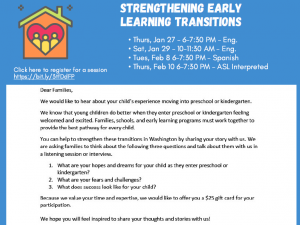Families with individuals who have Intellectual and Developmental Disabilities (IDD) often have plans in place for natural disasters. Wildfires, earthquakes, and flooding are common concerns across Washington. Yet there are other, more mundane emergencies that also need to be planned for. Emergencies happen in almost every home at one time or another. If the emergency is with the individual with a disability, there are often procedures in place with the household as to how to proceed. These include having a go-bag, having a list of diagnosis, medications, and medical history on hand. But emergencies are not also so straightforward, yet it is still possible to prepare for them.
Sometimes the individual with a disability is alone when an emergency occurs, or the caregiver is incapacitated, with only the person with a disability around to help. Under these stressful situations, many people will panic and be unable to help themselves or others, and those with and IDD are even more likely to react poorly to an emergency situation. One option is to have a personal emergency response system (PERS), sometimes known as medical alert system, for both the individual with an IDD and their main caregivers. This will allow for non-verbal communication with emergency services when the person with an IDD or a caregiver is having a medical emergency. PERS are available to those on the Community First Choice Medicaid waiver and can otherwise be purchased by anyone.
Preparation is key to heading off potential disasters when emergencies happen. Experts recommend talking regularly to loved ones with IDD about how to deal with an emergency situation. This can include discussing the importance of listening and following directions of caregivers and first responders. It can also take the form of drills, in the guise of make-believe. Storytelling can be a wonderfully effective way of getting the message across, and several picture books are available to help children understand how to behave in an emergency.
First responders are increasingly being taught about how to deal with individuals with intellectual and developmental disabilities, but first responders displaying this knowledge cannot be counted on in an emergency. Individuals with IDD are more likely to be comfortable with first responders if they have interacted with them in the past in a comfortable environment. Community events often have meet-and-greets with police or firefighters, which can be a fun place to introduce children to emergency personnel. If the individual with a disability is able to regularly visit with first responders, they will be more likely to have a positive reaction to them during an emergency.
Washington State started issuing updated ID cards in 2022, which can now show that an individual has a developmental disability, is deaf or hard of hearing, or has another medical condition. Not only will first responders be able to see an individual’s important medical information on their ID card, having the card will allow most law enforcement departments to see these designations when they look up individuals in the Department of Licensing system. These new ID cards can help first responders recognize that a person has a disability and act accordingly.
Primary caregivers can enlist the help of nearby friends and family in their emergency planning and can be recruited as an emergency caregiver. Emergency caregivers need to be someone who is nearby, trustworthy, easily reachable, and has knowledge as to what the person with a disability needs to stay safe and cared for. They can be put on speed dial and the individual with an IDD can be taught how to contact them in emergencies.




